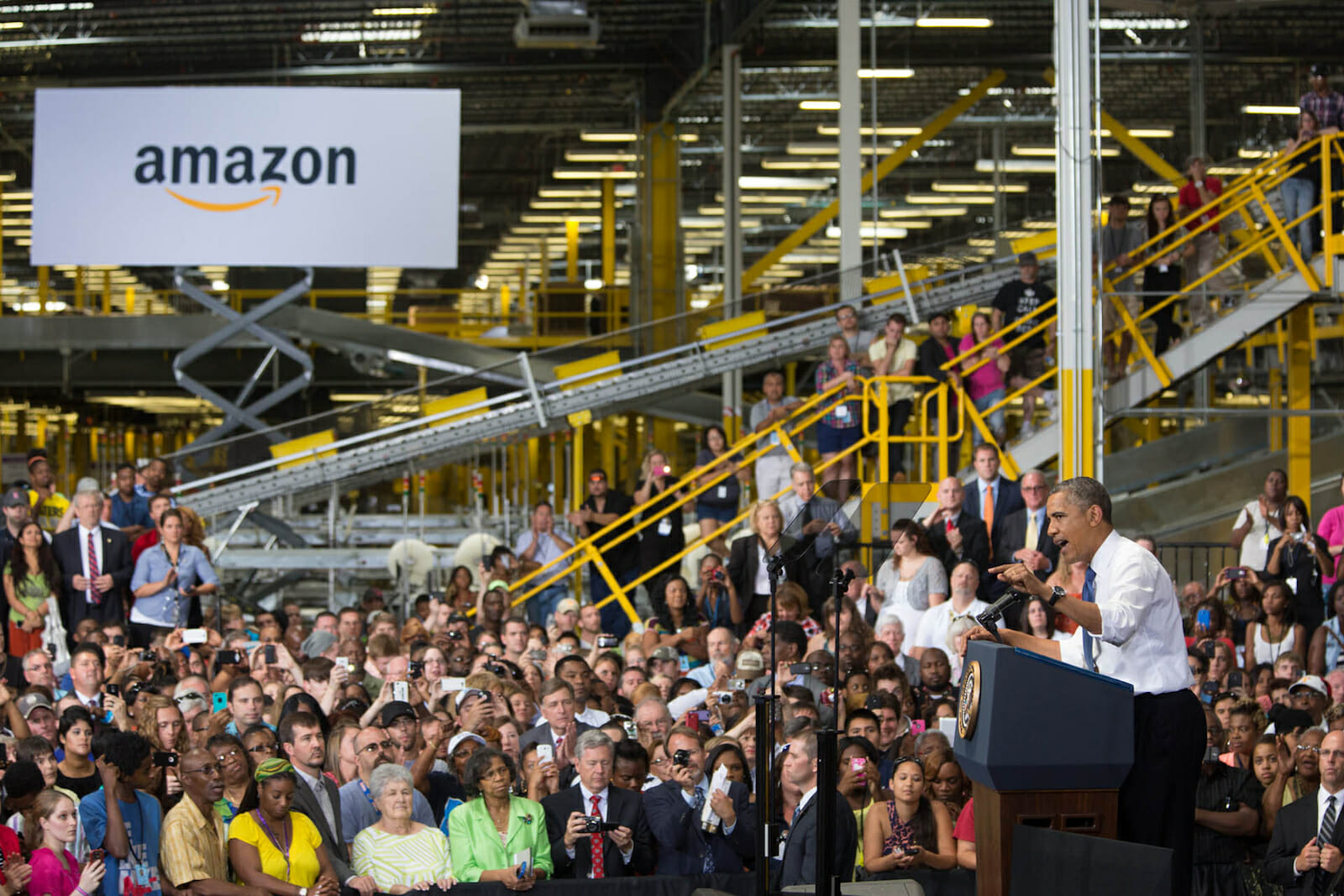
Tech
Why did E-Commerce Fail in India?
India is world’s second largest country in terms of Internet users and sheer population. Despite these demographics, the penetration of e-commerce in India has been remarkably slow. However, the number of users and sales has been increasing ever since Flipkart, Amazon and Snapdeal became the major players. However, these retail giants have suffered huge losses. If one considers a combined loss of Rs 11,754 crore which is the combined loss of e-commerce leaders Flipkart, Amazon and Snapdeal, the amount is almost double the annual budget of the Indian Space Research Organisation (ISRO). ISRO could launch 24 missions to planet Mars with this revenue. Many experts in fact say that e-commerce has failed in India.
As the battle intensifies among these top three leaders in the Indian e-commerce domain, the losses are mounting at an alarming pace. Such mammoth losses will force these online companies to compete to increase revenue which will lead to more losses. This will in turn delay their their public offerings and create a risk of investor pull outs due to more cash required to sustain the burn rates which in turn will mean that the companies will find it significantly harder to control costs as they grow bigger leading to a spate of layoffs. People who buy online are often busy and this implies that India will need more jobs than ever since the arrival of e-commerce.
One big reason for the e-commerce failure in India is unemployment. India witnessed its worst job losses from 2015 to 2017 when compared to the last two decades. A McKinsey and Company report says half of Indian Information Technology (IT) workforce will be irrelevant over the next 3-4 years. This will include 600,000 engineers. It’s not just the IT sector but also Automotive, Production and e-commerce sectors that are causing these job losses. Artificial Intelligence and Automation will ensure that one in every four job losses in the world will happen in India. One of the problems is Overpopulation that has cursed this country.
Another factor is that India failed to provide governance to its private sector. The centre failed to provide guidelines and subsequently audit companies to check and affirm whether they followed those guidelines. Most of the SEZs did not follow any rules and regulations and many employees had to work for 18 to 20 hours a day. As a result one could read in the newspapers about stress related deaths and a huge attrition rate that was out of control. In fact the CEO of SAP India, Ranjan Das, lost his life due to work related stress. Such approaches to work also ensured that many people, who needed jobs, were never hired. To date, the Indian government has not made any changes to its governance framework in the corporate sector.
Apart from literally destroying the buying power caused by these job losses, other reasons for e-commerce failure include the late arrival of e-commerce, especially at a point when the buying power was not at its peak and there was a poor mix of products and pricing. A bad market study is yet another reason why many of these retail giants are failing to generate profits online. Amazon, Flipkart and Snapdeal did not realize that India has millions of stores in small towns and even metropolitan cities that sell the same goods that are available at more competitive prices. Thus it was important to pump money into jobs in order to increase employment. How do you sell something in an economy that is losing its very ‘buying power’?
When operating on a negative margin per delivery, the path to profitability might be delayed. It is indeed a pleasure to get goods delivered at your doorstep, however if one is left without the buying power or the ideal conditions to buy those goods, people will not buy goods online.
Final solution? There are just two ways to resurrect e-commerce in India. Firstly, create more and more jobs such that the buying power of people ‘who are busy’ is increased. Secondly, India needs to address its overpopulation before it destroys the country. Overpopulation leads to additional and unwanted costs, unfair and unjust use of taxes that are collected by the state and rapid depletion of India’s own natural resources. Personally I feel that this problem will be addressed. I have full faith in the Indian government and the think-tank that is leading this country. Let us create a win-win situation and a world that survives on ‘Connected Capitalism.’

